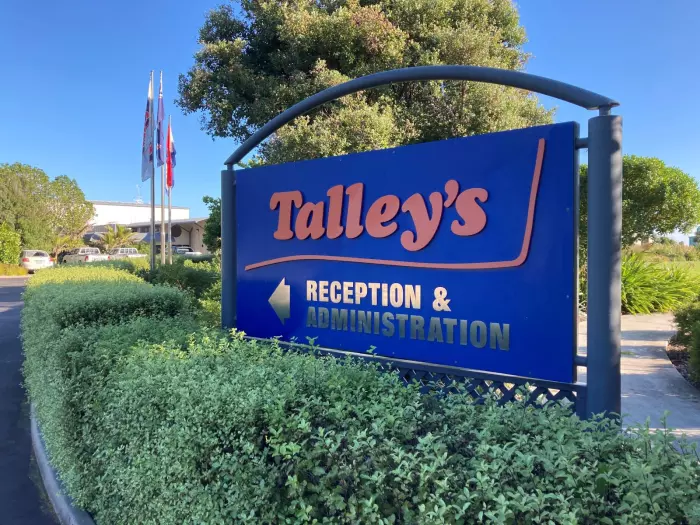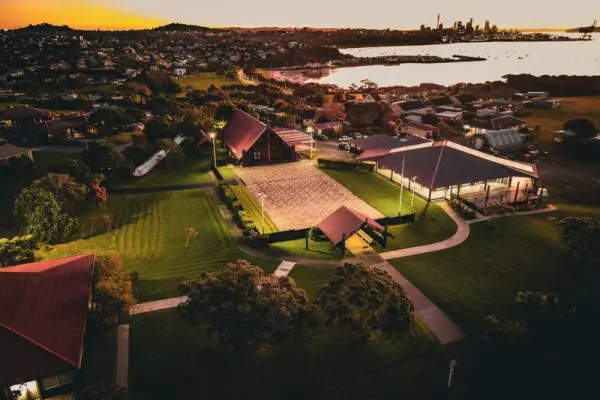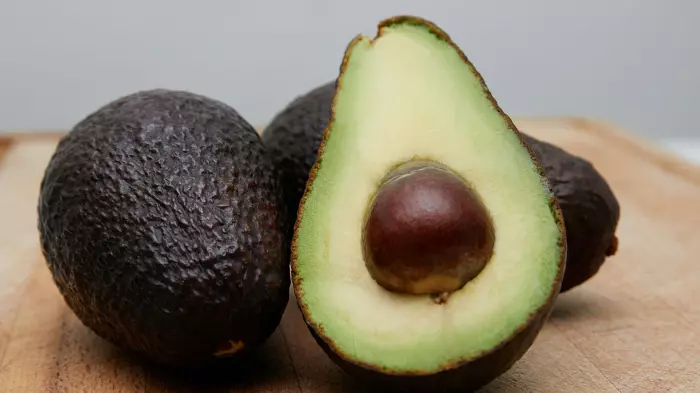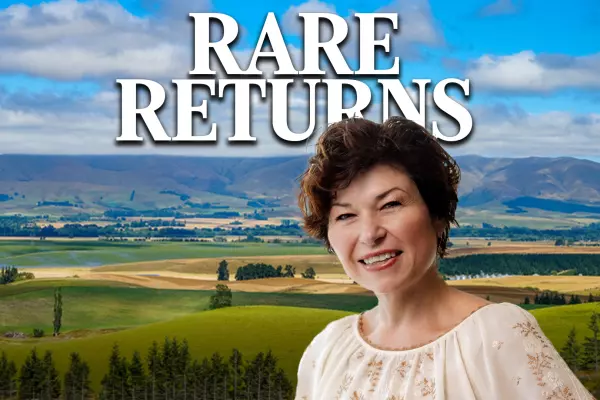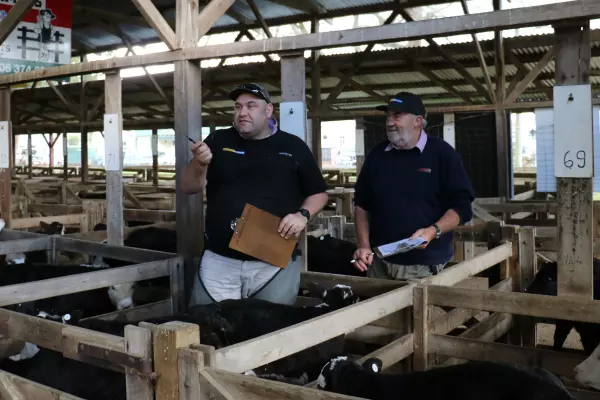New Zealand food giant Talley’s Group has been described as “dangerous” by the director of a company it is suing in relation to a green-lipped mussel joint venture.
Talley’s Group claims there was a breach of its procurement and supply agreement by Biomex Trustees, an Australian family-owned nutraceuticals company it supplied mussels to and had the joint venture with.
Biomex director Andrew Broadbent claimed a contract was “rewritten retrospectively” by Talley’s Group lawyers.
However, Talley’s director Andrew Talley told the court Biomex's documentation for the new business structure was “a big black hole with no visibility”.
A three-week showdown before justice Mary Peters in the high court at Auckland wrapped up on Aug 11 after Talley’s made the claim in 2019.
The arrangements
Talley’s Group claims there was a breach of its procurement and supply agreement from Biomex, a company that turns mussel powder into oil.
The agreement was to sell Talley’s mussels to Biomex from January 2014.
In return, Talley’s Group would receive a 5% shareholding, a 5% share of profit, and an opportunity to buy a further 5% stake in the company after three years.
The dispute is complex, as it centres around a number of discrepancies and unresolved issues which have compounded over the past eight years.
There are disagreements about the intent the two companies had when drafting their contracts and the memorandum of understanding (MOU) and procurement and supply agreements (PSA) from 2014 and 2017.
There are accusations about the legitimacy of the new business structure; allegations of withholding information; disputes over the price and grade of mussels; and disagreement about the ownership and value of assets, including an exclusive supply contract and intellectual property (IP).
The IP is a proprietary manufacturing process to extract oil from the powder of the green-lipped mussels that Talley’s Group exclusively supplied.
Biomex said it owned the right to license the IP and deemed the license an asset.
Biomex is a NZ company within the MacLab group of companies based in NZ and Australia. Talley's believes its 5% stake relates to the entire MacLab group while Biomex believes it relates to itself only.
New entity
Biomex sources and processes green-lipped mussels in NZ, where they are endemic, before shipping the powder across the Tasman to be transformed into oil.
The oil is exclusively sold to Hong Kong-owned Pharmalink Extracts Limited.
It appears the relationship soured when an argument arose about transferring the business assets to a new entity.
Andrew Talley told the court Biomex’s documentation for the new business structure was “hollow, empty and meaningless".
Talley’s Group also claimed that its shareholding in Biomex was reduced illegitimately in two rounds of dividend reinvestment plans (DRP), from 5.01% to 1.65%.
Biomex’s counsel, Zane Kennedy, in his closing submission said there were initially no issues with the creation of the new entity – a unit trust. He said Milan Talley, a director of Talley’s Group, reported that he was happy with the unit trust structure.
Kennedy said other options had been explored but weren’t feasible due to avoiding double taxation in both countries.
“At no stage was there an issue raised," Kennedy said.
The unit trust was established in 2016 after a deed was sent to Milan Talley in mid-2015, Kennedy said.
That unit trust deed email went unanswered for two months, he said.
To honour the agreement of 5% shareholding to Talley’s Group, Kennedy said Biomex needed to create the new structure as it wasn’t able to allocate shares from its family trust.
Biomex rejected the Talley’s Group claim that the DRP was unlawful, and as Talley’s refused to participate, consequently its shareholding was diluted, Kennedy said.
Biomex’s Broadbent said, under cross-examination, a contract came back to him “rewritten retrospectively” by Talley’s Group lawyers.
“This was the moment in which we started to think Talley’s were dangerous.”
Royalty payments
Talley’s Group has refused to accept any royalty payments Biomex has made to it and the money currently sits in an interest-bearing bank account that Biomex has access to.
According to Kennedy, the Biomex directors believe this money rightfully belongs to Talley’s Group.
However, Talley’s Group claimed the company had withheld financial information it believed it should be entitled to as a shareholder.
The value of the assets, along with other corporate material, had been ruled confidential by associate judge Rachel Sussock in a previous hearing.
When cross-examining Milan Talley, Kennedy told the court the reason Biomex didn’t pass the information on was due to the threat of Talley’s being a competitor.
Biomex needed to protect its commercial trade secrets and supply partners, he said.
Kennedy also pointed to Talley’s recent acquisition of mussel exporter Kono NZ as evidence of the increasing belief that Talley’s had become a competitor and was no longer a partner.
Company valuations
As the financial information was withheld, Talley’s Group enlisted an accountant to value the assets of the MacLab group of companies.
Subsequently, Biomex did the same and the valuations differed significantly.
Kennedy said Talley’s valuation by the director and principal of Hussey & Co, Shane Hussey, “lacks credibility” and said it is “contrary to common sense”.
The lawyer then went on to summarise that the method Hussey used, coupled with the fact that he’s not a marine valuation expert, should be enough to discredit his work.
Biomex sought Bill Apps, a director of Baker Tilly Staples Rodway, for its valuation.
“Mr Apps should be preferred as he’s taken the conventional approach regarding valuation.”
The decision has been reserved.


